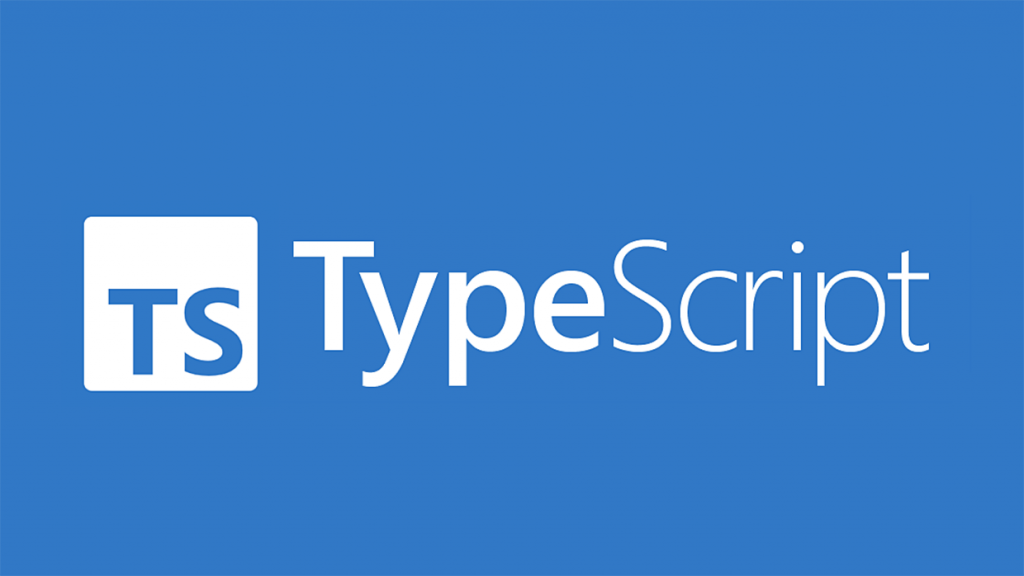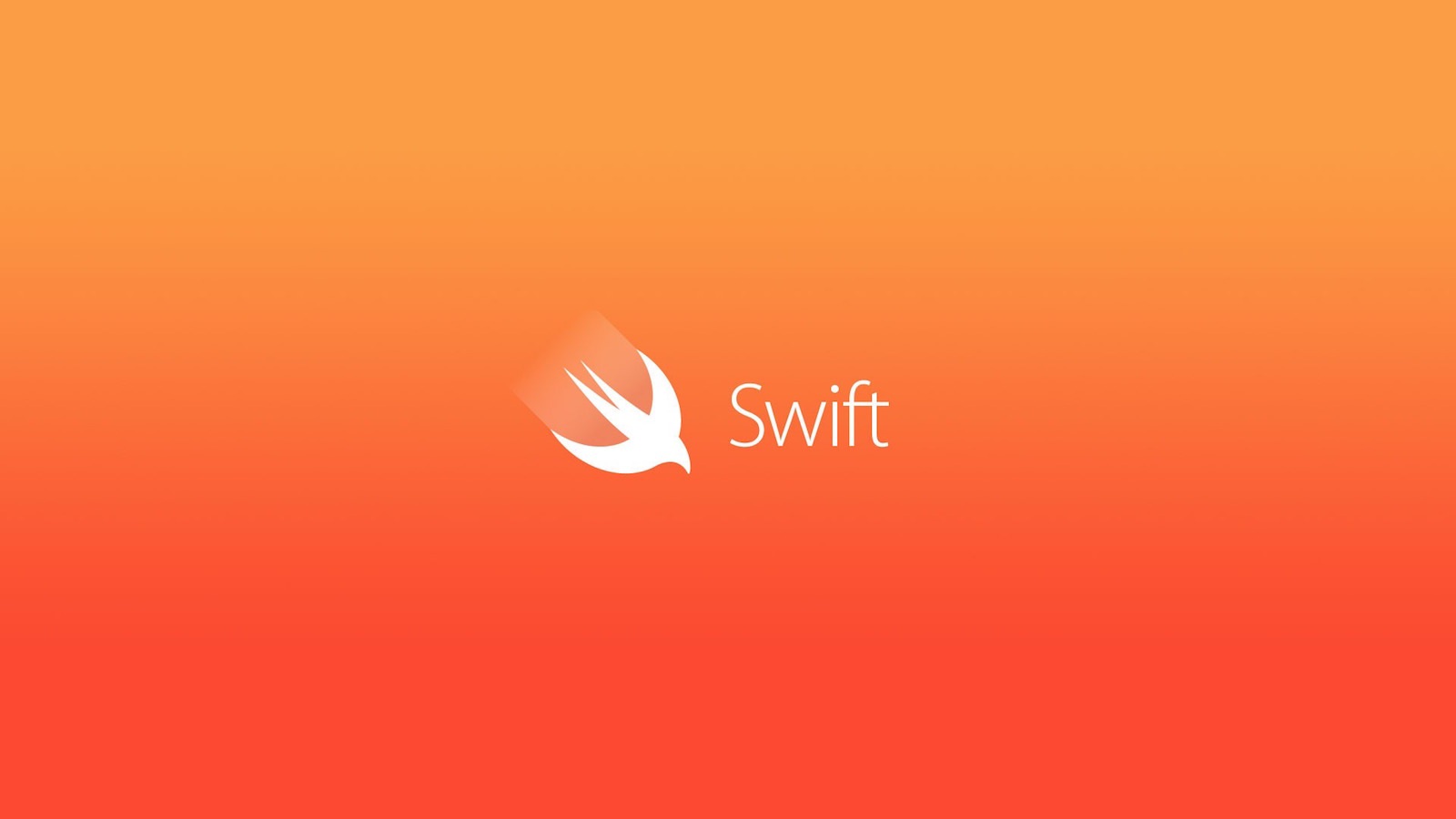New Generation Programming Languages and Software Trends
The software world is constantly evolving, giving rise to new programming languages and trends. In this article, explore the recently popularized programming languages and software trends.
Rust: Balancing Speed and Security
Rust's Growing Popularity
Rust, has rapidly become a rising star in the software world, offering advantages like memory safety and high performance. Its features and open-source ecosystem make it a prominent language for secure and fast development.
Memory Safety and Speed Advantages
One of Rust's prominent features is ensuring memory safety, ideal for system programming and software at the hardware level. Minimizing memory errors (such as null pointer, buffer overflow) reduces security vulnerabilities. Rust is also known for high performance, providing fast execution compared to languages like C and C++ through zero-cost abstractions and a robust type system. These features make Rust a preferred choice, especially in areas like embedded systems, game development, and network programming.
Rust's advanced features and the support of an open-source community allow software developers to choose Rust as a language that excels in security and performance. This positions Rust not only as a language but also as an important tool for developing future software projects securely and efficiently.
TypeScript: Empowering JavaScript

TypeScript and the JavaScript Ecosystem
TypeScript, strengthens the JavaScript development process by introducing a layer that makes it more powerful and secure. This integration provides developers with the freedom to write JavaScript while ensuring type safety.
Type Safety and Advantages
- Static Type Systems: TypeScript introduces a static type system to JavaScript, ensuring code operates with predefined types. This allows for early detection of errors and enhances code safety.
- Readability and Ease of Maintenance: Type declarations improve code readability, helping developers better understand variable and function types. This, in turn, facilitates code maintenance, especially in large projects.
- Backward Compatibility with JavaScript: TypeScript is compatible with the extensive JavaScript ecosystem, seamlessly integrating into existing JavaScript projects. This feature allows developers to extend existing codebases more securely and efficiently.
- IDE Support: TypeScript offers robust Integrated Development Environment (IDE) support, enabling developers to work faster and more efficiently.
These advantages make TypeScript attractive, especially for developers aiming to create well-organized, secure, and easily maintainable code bases in large-scale projects and complex applications.
Kotlin: Innovation in Android Development

Kotlin's Rise in Android Application Development
Kotlin, has rapidly gained popularity in Android app development, swiftly replacing Java. Key factors behind this adoption are the modern features Kotlin brings and its structural advantages that significantly ease Android development processes.
Compatibility with Java and Modern Features
- Smooth Integration with Java: Kotlin is compatible with Java and seamlessly integrates into existing Java projects. This flexibility allows developers to add new components written in Kotlin without touching existing Java code.
- Null Safety: Kotlin stands out with null safety, reducing null reference errors within applications and creating a more secure codebase.
- Modern Language Features: Kotlin provides modern language features such as lambda expressions, extension functions, and smart casts. These features offer developers flexibility and efficiency in writing code, contributing to improved readability and easier maintenance.
- JetBrains Support: Developed by JetBrains, Kotlin has strong integration with popular IDEs like Android Studio. This provides developers with a rich development experience.
Kotlin's advantages have led to rapid adoption among Android developers. Following Google's recognition of Kotlin as the official Android language, it has become an indispensable part of the Android app development ecosystem.
Swift: Preference for iOS and macOS Development

Swift's Role in iOS and macOS Development
Swift, has quickly become a popular programming language, especially among developers targeting iOS and macOS applications. Its popularity is rooted in performance advantages and modern language features.
Performance Boost and Modern Language Features
- Speed and Performance: Swift is known to be a faster language compared to Objective-C. Optimization during compilation and various performance enhancements result in faster-running applications. This feature is crucial, especially in performance-critical application areas like game development.
- Security and Error Reduction: Modern language features such as optionals and type inference make Swift a safer language. This reduces the likelihood of errors, leading to a more secure and consistent codebase.
- Readability and Maintenance Ease: Swift has a clean and readable syntax, enabling developers to quickly understand and easily maintain code.
- Playgrounds and Rapid Development: The Playgrounds feature, coupled with the integrated development environment (IDE) Xcode, allows developers to write and test code quickly and interactively.
Swift's features make it the preferred choice for developers creating applications for Apple devices, becoming a crucial component holding together the entire Apple ecosystem.
Go (Golang): For Distributed Systems

Utilizing Go for Fast and Efficient Distributed Systems
Go (Golang), is a fast, efficient, and user-friendly programming language designed specifically for developing distributed systems. These features make Go an attractive choice, especially in building large-scale network applications, microservices architectures, and cloud-based systems.
Parallelism and Fast Runtime
- Parallelism: Go is recognized for focusing on parallel programming. Lightweight threads called Goroutines effectively enable the execution of parallel processes, providing performance benefits in distributed systems where numerous processes run simultaneously.
- Efficient Runtime: Go's fast runtime allows the language to manage resources efficiently, being lightweight, low-latency, and effective. This ensures resilience and high performance in distributed systems dealing with intense workloads.
Ease of Learning and Language Design
- Simple and Clean Syntax: Go boasts a simple and readable syntax, allowing developers to quickly learn the language and develop applications.
- Effective Package Management: Go comes with an integrated solution for package management called "go modules." This simplifies the usage of external libraries and effectively manages project dependencies.
- Strength of the Community: Go has a robust open-source community that supports the learning process with documentation, examples, and assistance.
The features of Go make it a preferred choice, particularly focusing on rapid development processes, parallel programming, and meeting the requirements of distributed systems.
Other Posts:
HTML ve CSS Başlangıç Rehberi
Node.js ve Puppeteer Kullanımı: Başlangıç Rehberi
React Native Animasyonları: Pratik Örneklerle Başlangıç Rehberi
Node.js ile Twitter / X.com API Kullanımı: Temel Adımlar
Chrome Eklentisi Geliştirme Kılavuzu
React.js ile Modern Web Geliştirme: Bileşen Tabanlı Güç
JavaScript: Web Geliştirmenin Temel Taşı
Blockchain Teknolojisi Nedir?
Celestia Coin: Geleceğin Kripto Parası
Step-by-Step Guide to Creating a Smart Contract with Ether.js
Guide to Building a RESTful API with Node.js
Nodejs ve 10 Özelliği






































